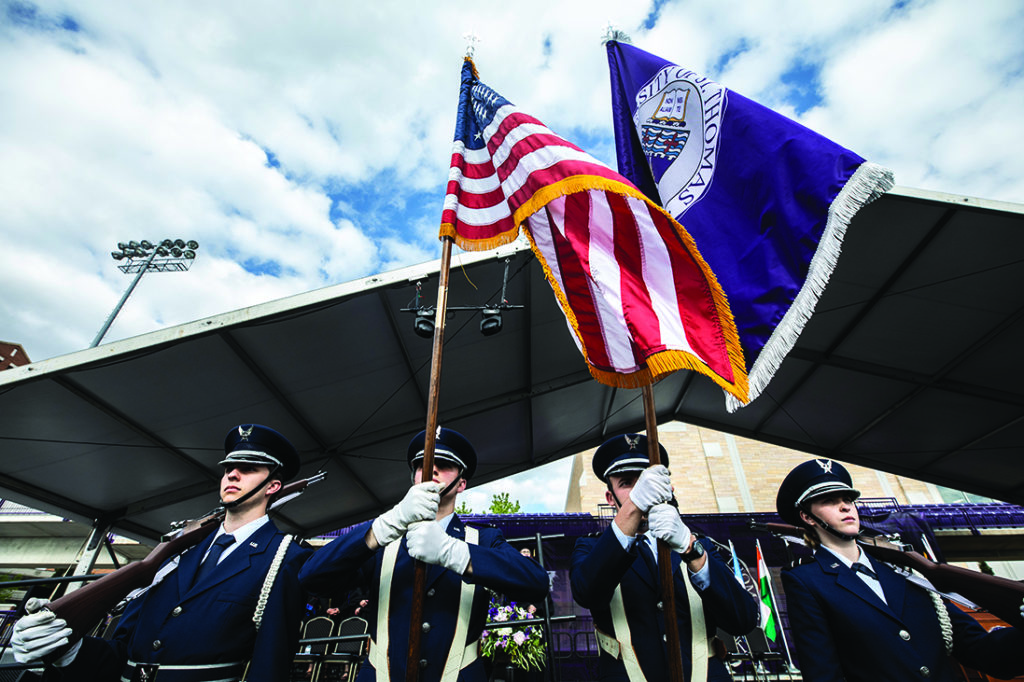Rachel Moran, professor at the University of St. Thomas School of Law, recently spoke with the Chicago Reader about the prevalence of police officers with histories of misconduct still making arrests, and how various reporting systems can inform consequences and restrictions placed on officers.

From the story:
Rachel Moran, a University of St. Thomas law professor who studied the creation of Brady lists, tells the Reader and the Invisible Institute that “the CCSAO should be paying attention to arrests made by” officers on the disclosure list. However, she says she doesn’t think every officer on the list should be “prohibited from making arrests – if a Brady list is as thorough as it should be, it will include types of misconduct that both do and don’t impact the reliability of an arrest.”
Moran, a former Illinois appellate defender, gives the example of a disclosure list officer who “has a history of making arrests not justified by probable cause.” That would be “very relevant even though the officer may not be on a DNC list.” On the other hand, if an officer is included on the list because of something like an old DUI conviction, “that probably isn’t pertinent to the legality of the officer’s arrest.”







